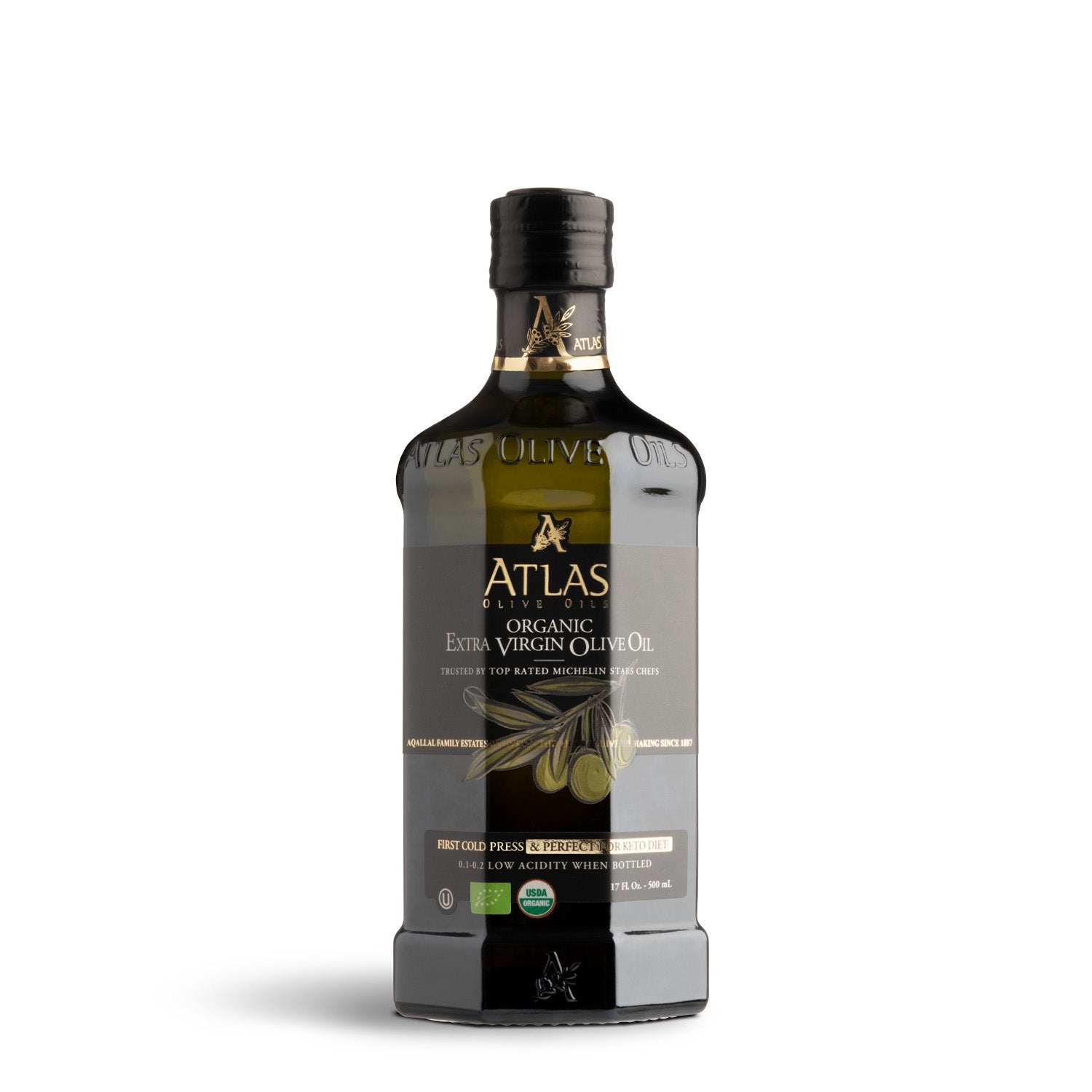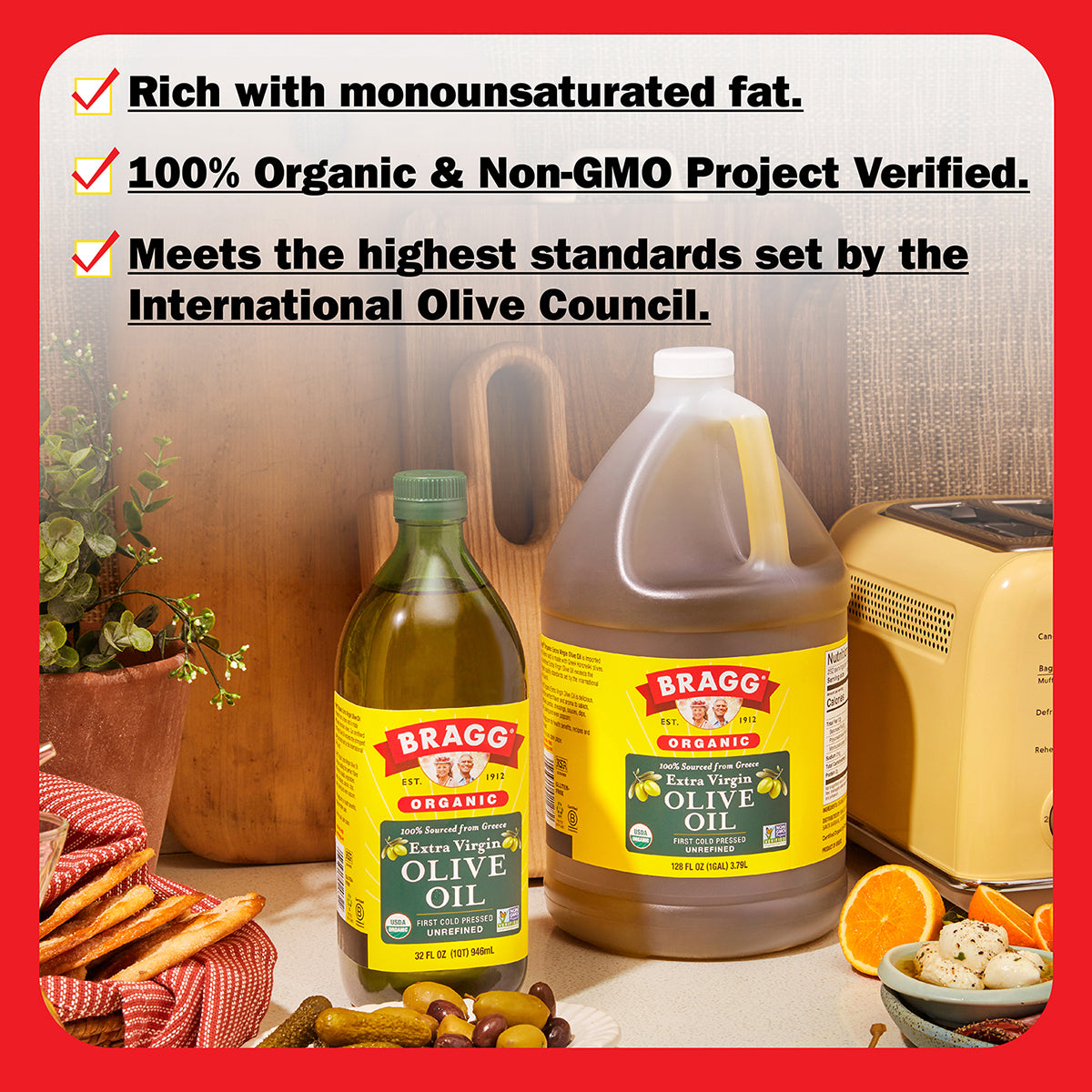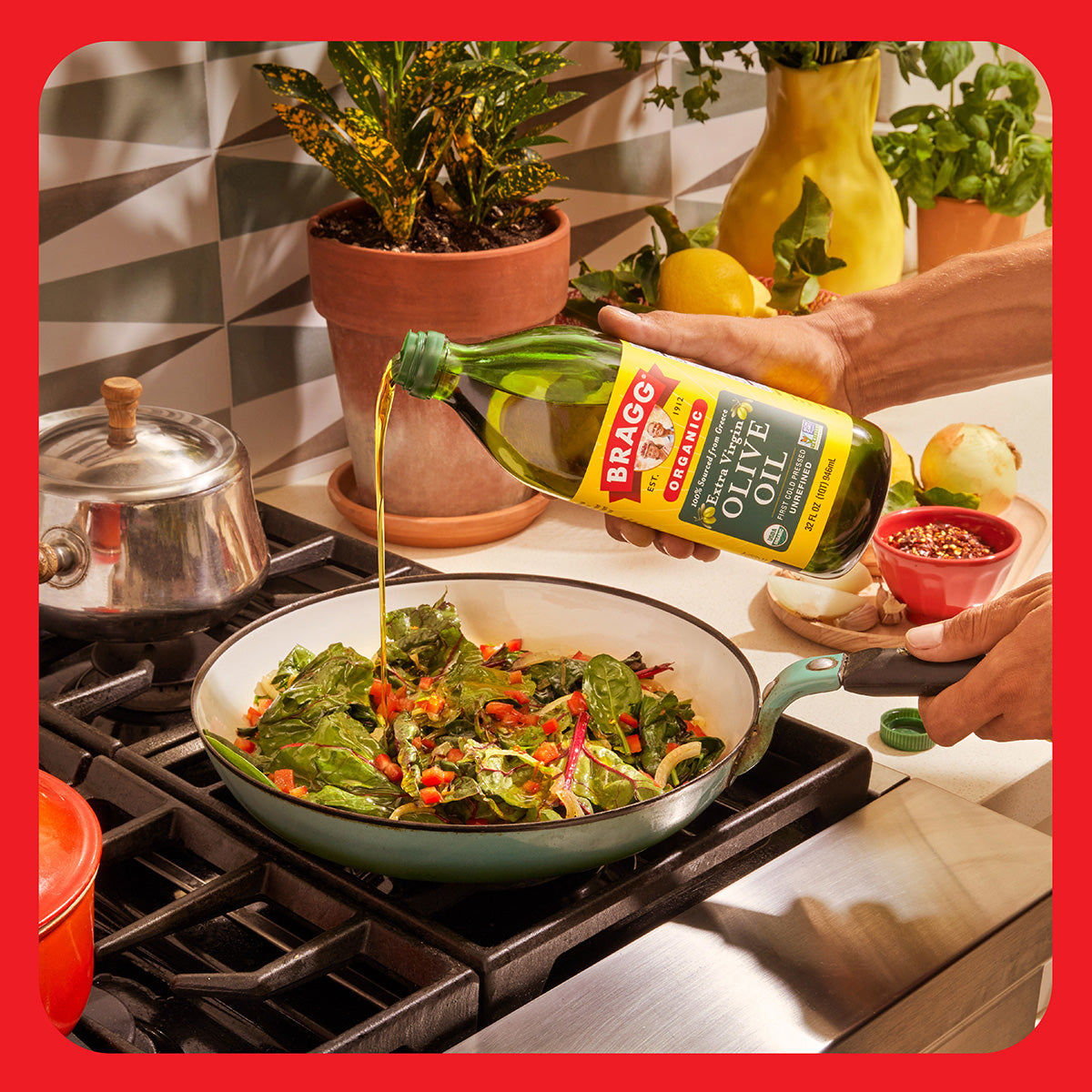Extra Virgin Olive Oil Benefits: The Natural Anti-aging Solution You've Been Searching For
Extra Virgin Olive Oil Benefits: The Natural Anti-aging Solution You've Been Searching For
Blog Article
Discovering the Different Types of Olive Oil and Their Usages, Including Extra Virgin Olive Oil
The expedition of olive oil encompasses a diverse array of types, each offering unique tastes and culinary applications. Additional virgin olive oil, renowned for its premium quality and health and wellness advantages, serves as a staple in numerous cooking areas, yet it is just one facet of this diverse active ingredient.
What Is Olive Oil?
Stemmed from the fruit of the olive tree, olive oil is a staple in Mediterranean cuisine and a vital ingredient in different cooking applications. This functional oil is produced by pressing whole olives, causing a fluid that differs in flavor, color, and scent depending on the sort of olives used, the region of growing, and the removal procedure. Olive oil is mainly made up of monounsaturated fats, particularly oleic acid, which is known for its potential health benefits, including anti-inflammatory homes and cardio assistance.
In enhancement to its cooking uses, olive oil has a long history of application in conventional medicine and skincare, owing to its rich antioxidant content (extra virgin olive oil benefits). The oil is often used in dressings, marinades, and for cooking methods such as sautéing and roasting. Its distinct taste account can enhance the preference of numerous dishes, making it an essential component for both home chefs and expert chefs
Additionally, olive oil is celebrated for its role in the Mediterranean diet, which is related to countless wellness advantages. As understanding of these advantages grows, olive oil proceeds to get popularity worldwide as a fundamental part of a healthy and balanced way of life.
Sorts Of Olive Oil
Understanding the numerous types of olive oil is essential for both health-conscious consumers and cooking enthusiasts. Olive oil is identified mainly based upon its extraction approach and high quality, which significantly impacts its fragrance, health, and taste benefits.

Light olive oil, despite its name, describes a lighter taste and not lower calories. It is ideal for those looking for a much more subtle preference in marinades and dressings. Additionally, there are flavorful olive oils infused with natural herbs, flavors, or citrus, which can improve dishes without the demand for extra seasoning.
Each sort of olive oil serves specific cooking purposes, and recognizing these distinctions allows customers to make educated choices that line up with their cooking designs and health objectives.
Additional Virgin Olive Oil
Bonus virgin olive oil (EVOO) is commonly regarded as the finest quality olive oil offered, renowned for its abundant taste and various health advantages. To be classified as added virgin, the oil should be generated from fresh olives using mechanical processes, without making use of solvents or too much warm. This thorough method maintains the oil's natural flavors, anti-oxidants, and healthy fats, leading to an item with a low level of acidity degree of less than 0.8%.
EVOO is plentiful in monounsaturated fats, particularly oleic acid, which is linked to minimized inflammation and enhanced heart health and wellness. It also includes polyphenols, effective anti-oxidants that may provide safety effects against chronic conditions. The taste profile of EVOO can vary dramatically depending on the olive variety and region of manufacturing, varying from fruity and verdant to robust and peppery.

Culinary Use Olive Oil

In food preparation, olive oil can be utilized for sautéing, roasting, and grilling, providing a healthier choice to butter or various other fats. Its high smoke factor makes it appropriate for different cooking methods, while its antioxidants add to a heart-healthy diet regimen. Sprinkling olive oil over completed dishes, such as pasta, fish, or smoked veggies, can raise flavors and include a touch of style.
In addition, olive oil plays a considerable function in baking, where it can change standard fats in recipes for bread and breads, giving moisture and a subtle taste. It also serves as a base for instilled oils, enabling cooks her response to try out tastes such as garlic, herbs, or chili, further expanding its cooking capacity. Overall, olive oil's convenience makes it vital in both home and expert kitchens.
Deciding On High Quality Olive Oil
When picking high quality olive oil, it's necessary to take into consideration a number of key variables that influence the item's wellness, flavor, and scent benefits. Most importantly, go with additional virgin olive oil (EVOO), which is stemmed from the first cool pressing of olives and includes the highest degree of antioxidants and valuable compounds. Seek oils that are certified by acknowledged companies, as this often guarantees adherence to rigid top quality standards.
The packaging likewise plays a substantial duty in preserving the oil's integrity. Select oils kept in dark glass containers or tins to shield versus light degradation. Take notice of the harvest date; fresher oils provide remarkable taste and dietary worth, so choose items that are within 18 months of their harvest.
Be conscious Recommended Site of the taste; a good top quality olive oil need to have an equilibrium of fruity, bitter, and peppery notes, indicating its splendor and complexity. By assessing these factors, you can guarantee you are selecting the best olive oil for your cooking requirements.
Final Thought
In recap, the exploration of different kinds of olive oil exposes distinctive qualities and applications, with added virgin olive oil representing the peak of quality due to its low level of acidity and high antioxidant content. Recognizing the different ranges of olive oil permits for informed selections in cooking techniques, advertising healthier methods while improving the overall gastronomic experience.
Obtained from the fruit of the olive tree, olive oil is a staple in Mediterranean food and a key component in numerous culinary applications.The most common types of olive oil consist of refined olive oil, pure olive oil, and light olive oil.Extra virgin olive oil (EVOO) is commonly pertained to as the highest high quality olive oil offered, celebrated for its abundant flavor and numerous health benefits. Opt for additional virgin olive oil (EVOO), which is obtained from the initial cold pressing of olives and includes the greatest degrees of anti-oxidants and beneficial compounds.In summary, the expedition of various types of olive oil exposes unique attributes and applications, with added virgin olive oil standing for the peak of top quality due to its reduced level of acidity and high antioxidant content.
Report this page